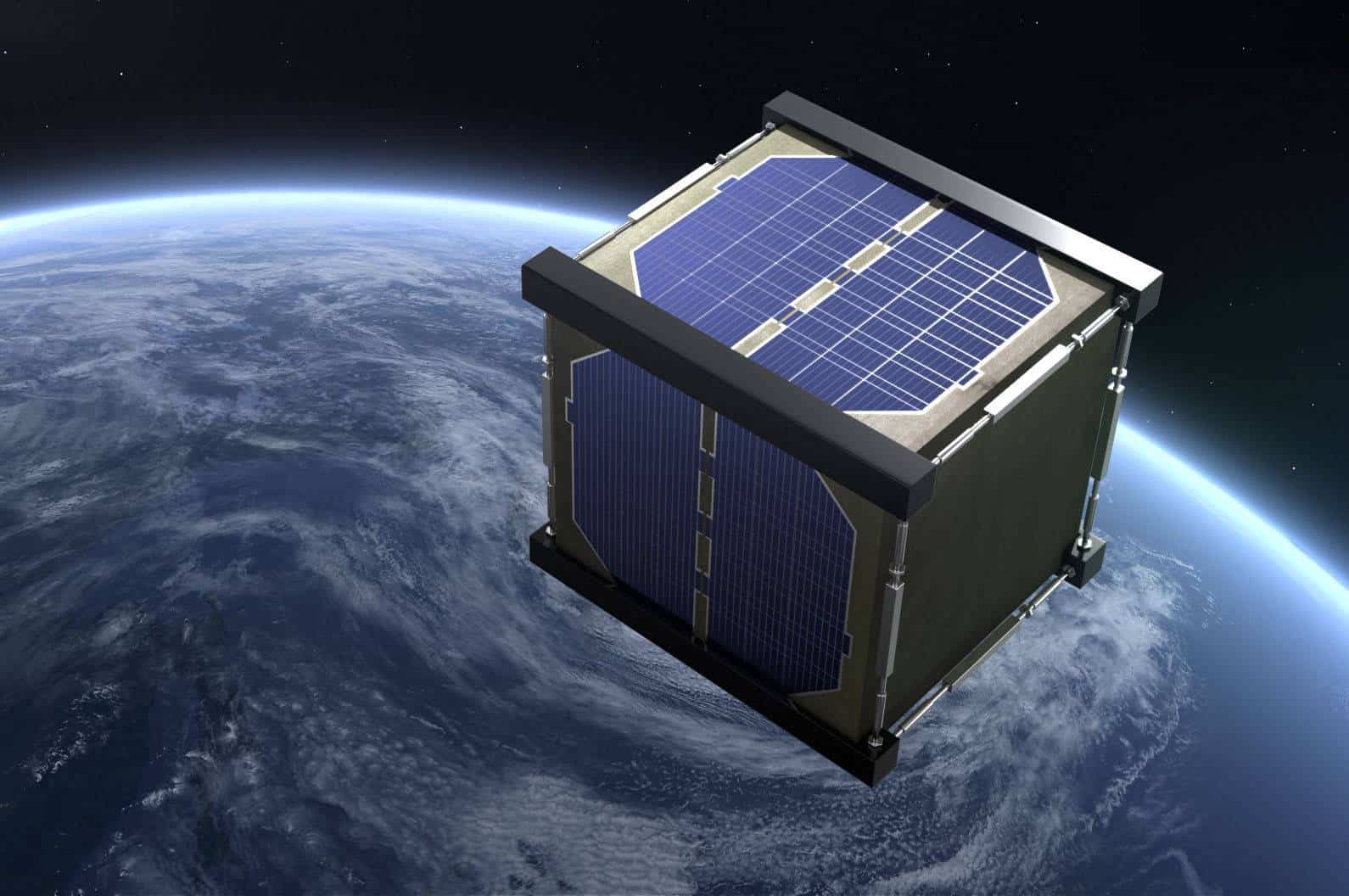Plans are afoot to launch the world’s first “wooden” satellite in 2023 Japan to harness the environmental friendliness and low cost of wood in space development.
Japanese media reports said that a satellite whose exterior is made of wood will burn up upon re-entering the Earth’s atmosphere after the end of its operation, putting less burden on the environment.
The team comprised of experts from Kyoto University and Sumitomo Forestry Co also said that a wooden satellite is cheaper to make than using aluminum, the current mainstream material for a satellite.
Because electromagnetic waves can penetrate wood, the satellite can contain an antenna inside, the team said, according to the reports.
The planned satellite will be a cube with 10-centimeter sides. Its outside will be covered in wood and solar cells, and it will hold an electronic substrate inside.
The state-run university in western Japan and the Tokyo-based wood products company are set to test the durability of wood in space, possibly from February, using an extravehicular experimental apparatus of the International Space Station.
The team, led by Japan Aerospace Exploration Agency astronaut Takao Doi, plans to attach on the apparatus wooden sheets with varying hardness, taken from several tree species. The sheets will remain exposed to outer space for nearly nine months to check their deterioration.
Doi, a program-specific professor at Kyoto University, said if the plan succeeds, it will lead the way to “allowing even children who are interested in space to make a satellite.”
Doi became the first Japanese astronaut to take part in extravehicular activities when he boarded the Space Shuttle Columbia in 1997, the media reports said.








